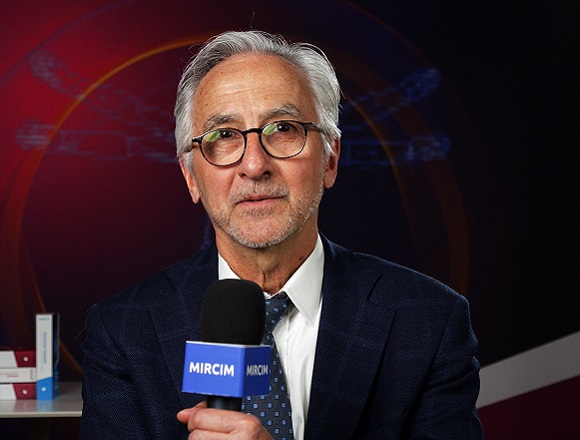Paul M. O’Byrne, MB, is a professor of medicine and dean and vice-president of the Faculty of Health Sciences at McMaster University.
Can we offer any biologic treatment to patients with non-T2 asthma?
Until very recently, all of the biologics that had been developed, studied, and approved for treating patients with severe asthma were restricted to patients either with severe allergic asthma (in the case of the biologic omalizumab, which binds to IgE) or with severe eosinophilic asthma.
The most recent biologic that has been studied, however—a drug that binds thymic stromal lymphopoietin (TSLP) and epithelial-derived alarmin in asthmatics—in the large phase III clinical trial was shown to be the first biologic that does have a protective effect against severe exacerbations, even in patients with type 2 (T2)–low asthma or non–T2-high asthma. The magnitude of the benefit was, however, smaller than in patients with T2-high asthma.
 English
English
 Español
Español
 українська
українська







